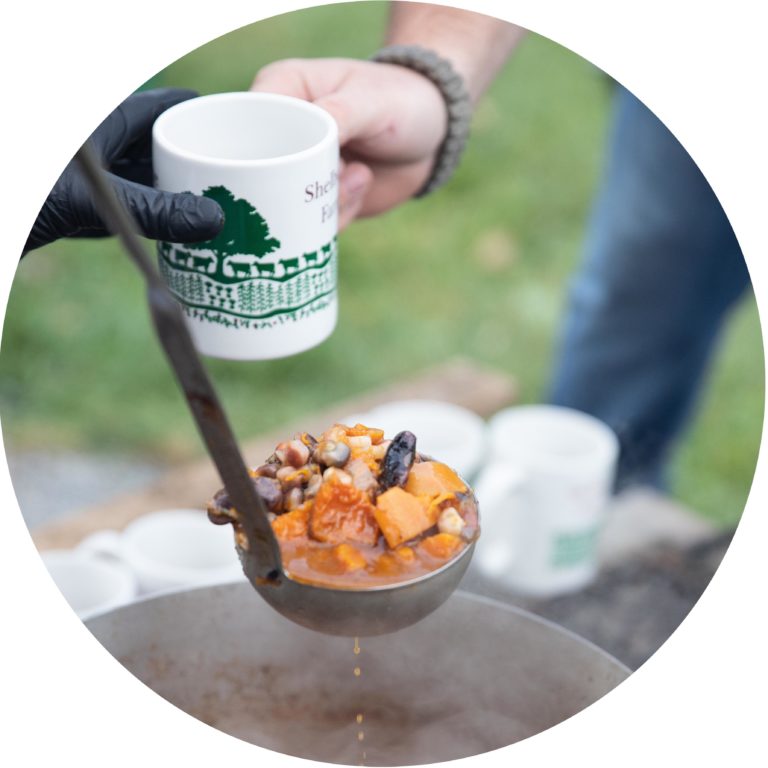Activity/Lesson
Last October, local Abenaki scholar and tribe member Fred Wiseman, Abenaki Chef Jessee Lawyer, and Shelburne Farms Executive Chef Emeritus Jim McCarthy teamed up to prepare a
Three Sisters soup that incorporated traditional ingredients important to the Abenaki. Try making it with kids!
Action Step
Learn more about the indigenous foods in your area. One great resource to use in your exploration is the
Sioux Chef (don't miss their social media). A team of Anishinaabe, Mdewakanton Dakota, Navajo, Northern Cheyenne, Oglala Lakota, Wahpeton-Sisseton Dakota committed to revitalizing Native American Cuisine and in the process re-identifying North American Cuisine and reclaiming an important culinary culture long buried and often inaccessible.
Sean Sherman, the creator of Sioux Chef, created
recipes to showcase tribal diversity across the lower 48 states. Read more about these foods and try your hand at making these recipes yourself.


